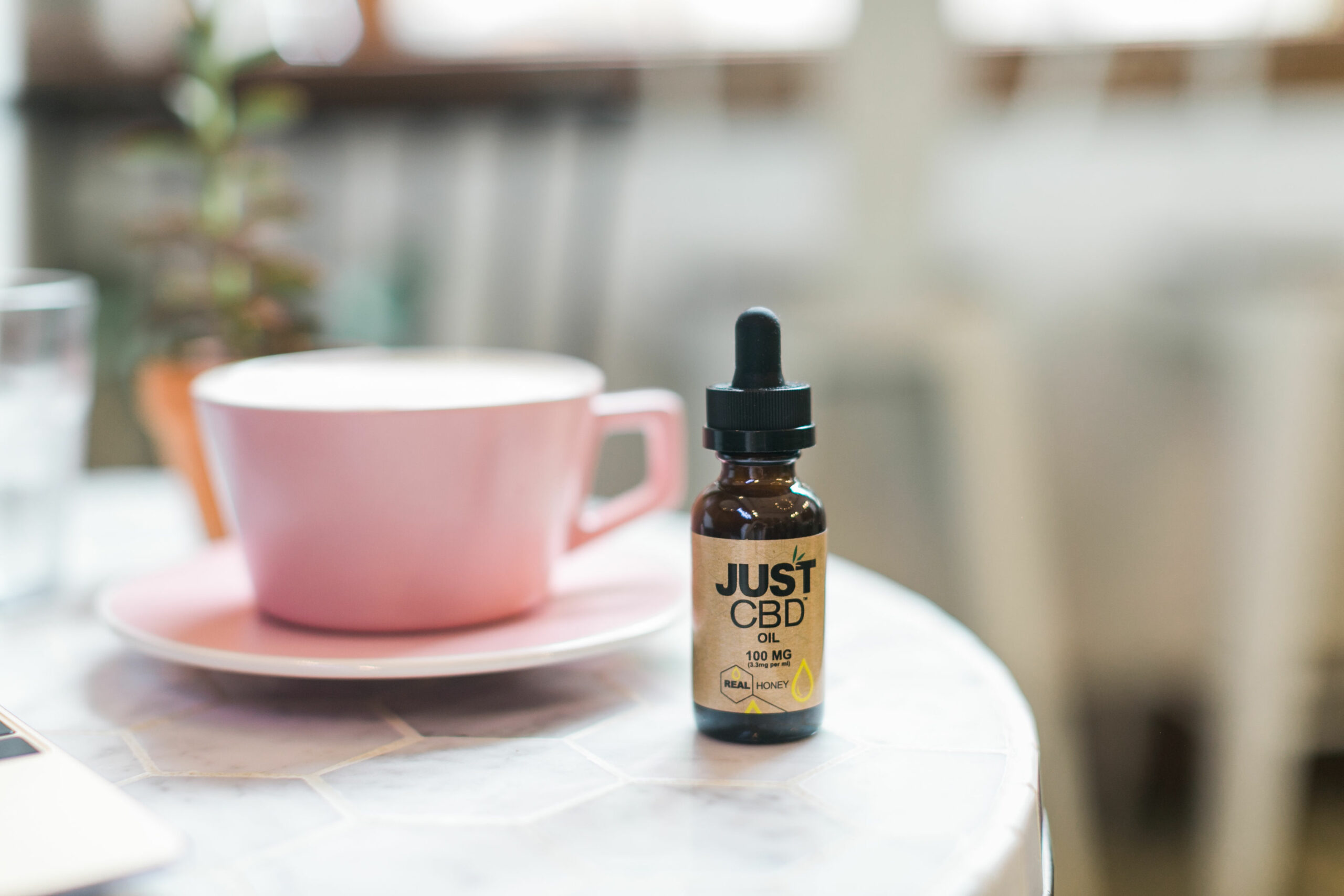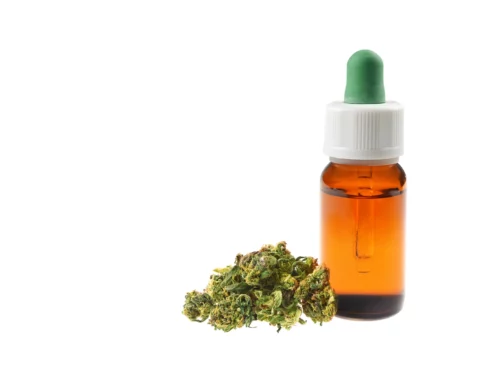Cannabis derivatives have been part of human medicine for the longest time, tracking back to more than 2,000 years ago. Back then, not much was known about cannabis compounds, but Ayurvedic and Chinese medicine somewhat believed in medicinal benefits in cannabis plants. This usage continued, with different countries banning the plant because of its seemingly intoxicating effects. In fact, many states in the USA had cannabis banned and cannabis farms destroyed by the popular White Wing Squad in the 1950s. However, this seemed to change slightly in 2018 when the Farm Bill was passed, legalizing industrial hemp (a type of cannabis plant) and, by extension, CBD oil, a cannabis derivative with less than 0.3% THC. Before and after 2018, CBD oil has been used to handle medical challenges, including sleep problems, although there is not enough scientific evidence to show that CBD is effective for sleep. Following CBD oil legalization, the hype has increased further, and CBD oil can easily be accessed in the US. What are CBD oils, and can they help one sleep better? Peer into this article for the answer to this question.
Understanding CBD Oil
CBD oil is a cannabis derivative and one of the 80+ active compounds called cannabinoids in hemp plants. It is as popular as THC, only that it does not have the psychoactive THC known to cause the ‘high’ effect. Although CBD oil can be extracted from marijuana plants, the federally legally CBD oil is derived from hemp plants and has less than 0.3% THC, ensuring that it does not make its users high.
CBD oil exists in three forms; isolates (no other compounds but CBD), full-spectrum (THC, CBD, other cannabinoids, terpenes, and flavonoids), and broad-spectrum (CBD, other cannabinoids, terpenes, flavonoids, but no THC). All three forms are popular, but people prefer the full- and broad-spectrum CBD oils because of the multiple cannabinoids and the associated full entourage effect. However, CBD enthusiasts who do not like the earthy taste and flavor of terpenes, flavonoids, and other cannabinoids, but CBD opt for isolate-based CBD oil.
Can CBD Oils Help with Better Sleep?
The article is about CBD oil and whether it can help to sleep better. For the most part, there is a lot of uncertainty in the role of CBD oil in improved sleep. CBD studies are limited, and there is not enough evidence to prove that CBD oil can improve one’s sleep. Nonetheless, some anecdotal research, for instance, the one by Moltke & Hindocha, (2021).,and other initial studies imply that CBD oil might intervene on some factors that deprive one of his sleep, including pain, anxiety and inflammation. Know how CBD oil interacts with the body to improve sleep in any manner.
How Does CBD Oil and the Body Interact
Whether or not CBD oil helps with sleep depends on how the cannabinoid interacts with the body. Nonetheless, what we do not know about CBD oil outweighs what we know about it, partly because CBD oil studies are limited. One factor that remains a mystery is how CBD oil works, but studies suggest that it has something to do with a modulating system of enzymes, cannabinoids, and receptors (CB1 and CB1) distributed all through the body resulting in an endocannabinoid system (ECS).
Although much is unknown about the ECS, the study above indicates that it interacts with cannabinoids such as CBD oil through its receptors located in the brain, hippocampus, the central and peripheral nervous systems, and other critical body organs, including the heart, liver, eye, stomach, and gut. Yet, ECS is perceived to control or influence several functions and processes in the body, including perception, pain, immunity, the natural wake-sleep cycle, inflammation, mood, stress, temperature regulation, and memory. As such, the cannabinoids move to the receptors and affect the process, affecting sleep as well. Nonetheless, there is a need for further studies to prove the existence of an endocannabinoid system and prove that it has something to do with sleep and the rest of the functionalities and processes linked to it. Below is what research says about how CBD oil affects parameters that have a role in sleep problems.
Can the CBD Oil for Anxiety Help with Sleep?
One popular application of CBD oil is reducing anxiety, although there is not enough evidence to prove that taking CBD oil might reduce anxiety. Studies claim that since CBD oil might help to reduce anxiety, it might directly and indirectly improve sleep. For instance, a study by Shannon, et al., (2019)., gave 72 women 25 mg CBD oil capsules and noted that 66.9% experienced reduced anxiety while 79.2% reported better sleep. While this sounds quite promising, the study involved a small population that cannot be used to draw scientific assumptions.
Can the CBD Oil for Daytime Sleepiness Improve Sleep?
The other reason why people struggle to sleep is daytime sleepiness. While some people can comfortably sleep during the day and still find sleep at night, most people struggle to sleep at night if they slept during the daytime. One epic study by Babson, et al., (2017)., shows that CBD oil can help with daytime sleepiness, helping a person easily sleep at night. Nonetheless, the research had its fair share of limitations, and other advanced studies are needed before quoting it to help people with sleep.
CBD Oil for Pain
CBD oil has also been used to manage pain for the longest time, although there is not enough scientific evidence to prove the efficacy and effectiveness of CBD oil for pain. For instance, a 2018 review looked at studies from 1975 through 2018 on the relationship between CBD oil and pain. It noted that CBD oil promises to reduce pain, especially for cancer, fibromyalgia, and neuropathic patients.
Should You Take CBD Oil for Sleep?
The FDA has not approved CBD oil for pain, and there are no dosage recommendations for the cannabinoid. As such, using CBD oil is a risky approach. However, should you choose CBD oil for sleep, consult your doctor beforehand.
Conclusion
CBD oil has long been used to solve sleep problems, especially after the Farm Bill was signed in 2018, legalizing industrial hemp growth and CBD oil usage with less than 0.3% THC. While initial research shows that CBD oil may reduce pain, daytime sleepiness, and anxiety, there is not enough evidence that shows the direct relation between CBD oil and sleep.
References
Babson, K. A., Sottile, J., & Morabito, D. (2017). Cannabis, Cannabinoids, And Sleep: A Review Of The Literature. Current Psychiatry Reports, 19(4), 1-12.
Moltke, J., & Hindocha, C. (2021). Reasons For
Cannabidiol Use: A Cross-Sectional Study Of CBD Users, Focusing On
Self-Perceived Stress, Anxiety, And Sleep Problems. Journal Of Cannabis
Research, 3(1), 1-12.
Shannon, S., Lewis, N., Lee, H.,
& Hughes, S. (2019). Cannabidiol In Anxiety And Sleep: A Large Case Series. The Permanente Journal, 23.
- Is Mushroom Coffee Worth the Hype? An Expert’s Take - April 19, 2024
- Missionary Position – Least Likely To Bring You To Climax - April 7, 2023
- Vibrators could put you in Jail - March 31, 2023









